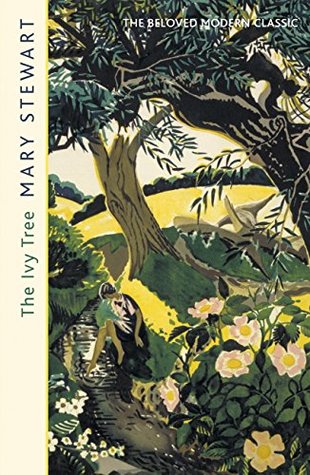More on this book
Community
Kindle Notes & Highlights
The impulse of pity that had stirred in me, died without a pang.
It isn’t the people who’ve had things their own way who – well, who get wisdom. And they haven’t the time to think about what life does to other people, either. But if you’ve been hurt yourself, you can imagine it. You come alive to it. It’s the only use I can ever see that pain has. All that stuff about welcoming suffering because it lifts up the soul is rot. People ought to avoid pain if they can, like disease . . . but if they have to stand it, its best use might be that it makes them kinder. Being kind’s the main thing, isn’t it?’
But is it any worse than the curse of Ireland; the tongue without a latch, even, let alone a lock?’
‘Or the curse of England; the double tongue?’
He made the slight, indescribable sound that, in the North, manages to express assent, deprecation, interest, dissent, apology – anything at all that the listener cares to read into it. It sounds like ‘Mphm’, and you can conduct whole (and perfectly intelligible) conversation with that one sound, anywhere north of the Tyne.
That’s one of the blessings of being a Scot, a profound and unshakable conviction of your own worth.’
There was nothing more to say. Better say goodbye, and go home to breakfast, before tragedy dissolved in embarrassment, and the lovers who had once been ready to count the world well lost, should find themselves talking about the weather.
The nearest we were going to get to romance today, I thought bitterly, was a discussion of genetics. And while there could, admittedly, be said to be some connection, it was getting us no further with the matter in hand.
It was odd – I spared a fleeting thought for it as we hurried to the door – how deeply conventions are ingrained in us. Scratch the conventional man and you find the savage; look closely at the primitive, and you see the grain of the wood from which our conventions are carved.


